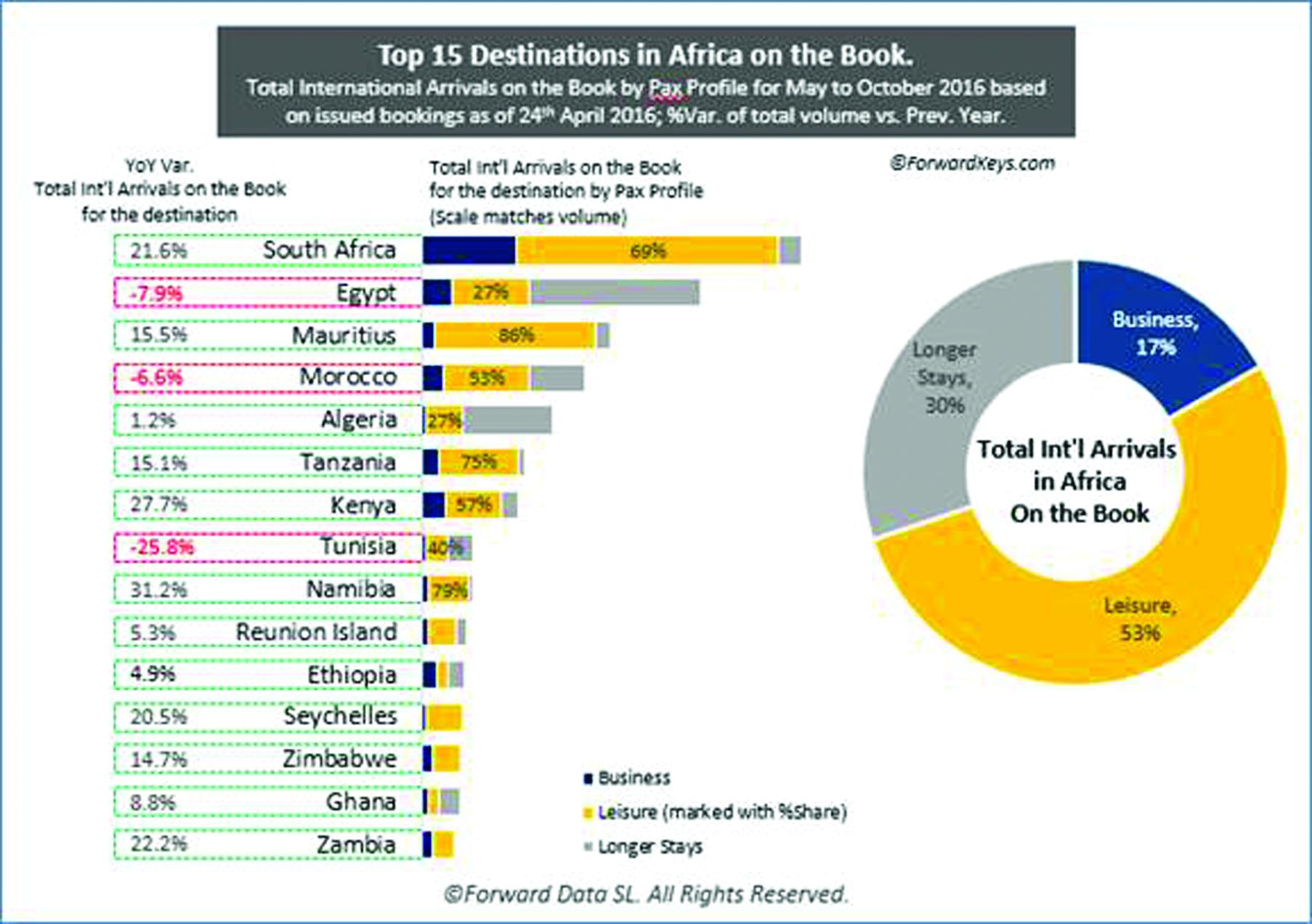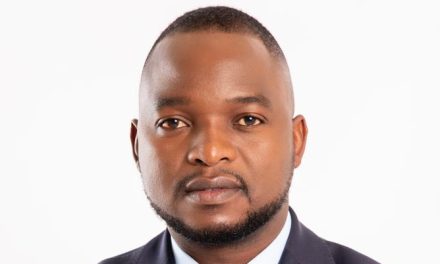
Namibia moving to a mature medium term budgetary framework

The criteria published this week in an IMF working paper, sets Namibia in a transitionary phase as far as budgetary sophistication and reliability are concerned. The paper provides guidelines that place the national budget somewhere between the second and third phases en route to a mature medium term budgetary framework.
The IMF Working Paper, WP/17/203, titled Medium-Term Budget Frameworks in Selected Sub-Saharan African Countries and authored by Richard Allen, Taz Chaponda, Lesley Fisher, and Rohini Ray, provides an apparatus to measure sub-Sahara African countries on the efficiencies of their budgetary processes, especially in terms of the reliability of the so-called Medium Term Expenditure Framework.
Noting that there is some overlap in terminology, the paper defines the concept “Medium Term Expenditure Framework” and indicates that it is virtually synonymous with Medium Term Budgetary Framework.
The Working Paper was published on Monday 11 September 2017.
For the purpose of analysing the success of Medium Term Expenditure Frameworks, the authors chose six Anglophone sub-Sahara countries, all former British colonies and all operating in the tradition of British colonial public administration. The six countries are Namibia, South Africa, Kenya, Zambia, Tanzania and Uganda.
According to the paper, South Africa is the outlier with many of its budgetary elements already at the fourth level, as defined by the authors. This means it is fast transitioning to an advanced budgetary process that can be compared to developed countries.
All five the other countries are, according to the authors, at the second level, or what the authors define as an elementary Medium Term Budgetary Framework. However, applying the criteria as tabled in a comparison of the four stages of budgetary development, it is clear that Namibia shares more than 50% of the criteria listed under Phase 3, the so-called Maturing MTBF. It is therefore more realistic to state that Namibia is in the process of maturing from the previous elementary phase.
As a comparison, the paper places South Africa in a transitionary phase between the third and fourth stages, i.e. moving from the Maturing Phase to the Advanced Phase where most developed countries are.
“The transition from an elementary MTBF to a mature MTBF (Phase II to Phase III) requires a significant expansion in technical capacity at both the ministry of finance and line ministry levels. In the maturing framework, the government should put forward a well-defined medium-term fiscal strategy with clear fiscal targets that are approved by the cabinet. The reliability of macro-fiscal forecasting should be developed to a high level of confidence, establishing a strong top-down, mediumterm fiscal framework that allows multi-year expenditure ceilings to be set at an aggregate level” states the paper in the section following the listed criteria for the four phases.
“Similarly, line ministries should start engaging in detailed costing of activities and programs over a three-year period. Such improvements in the capacity of line ministries help to establish a credible budget baseline that in turn forms the basis for preparing rolling three-year expenditure estimates.”
Drawing conclusion from their comparative study, the authors advise “Accountability levels would be further enhanced in terms of a stronger challenge-role played by the ministry of finance, more effective involvement of the cabinet in budget preparation, and stronger legislative oversight.”
In terms of the political will required to move from one phase to the next, the paper states “It is important not to underestimate the complex technical changes that are required in moving from one stage to the next, or the time and human resources needed to develop the more advanced practices.”
“In addition, countries need to embrace a major shift in culture and institutional relationships and behavior both within the ministry of finance and, more importantly, in this ministry’s relationship with other arms of the executive, the legislature, and other counterparts in the budget process.”
“Institutional and political economy factors are particularly important in developing the budget office’s challenge function discussed above, in improving the coordination between national development planning and the budget process, in extending the cabinet’s role in approving fiscal policy targets and spending ceilings, and in increasing the coverage of the budget and its performance orientation.”
The full paper can be obtained at:
http://www.imf.org/en/Publications/WP/Issues/2017/09/11/Medium-Term-Budget-Frameworks-in-Sub-Saharan-African-Countries-45093













































